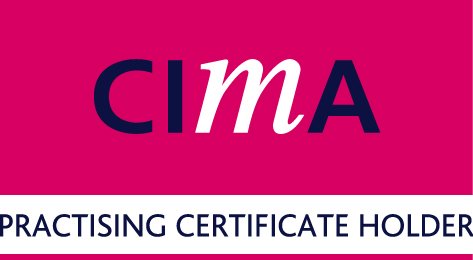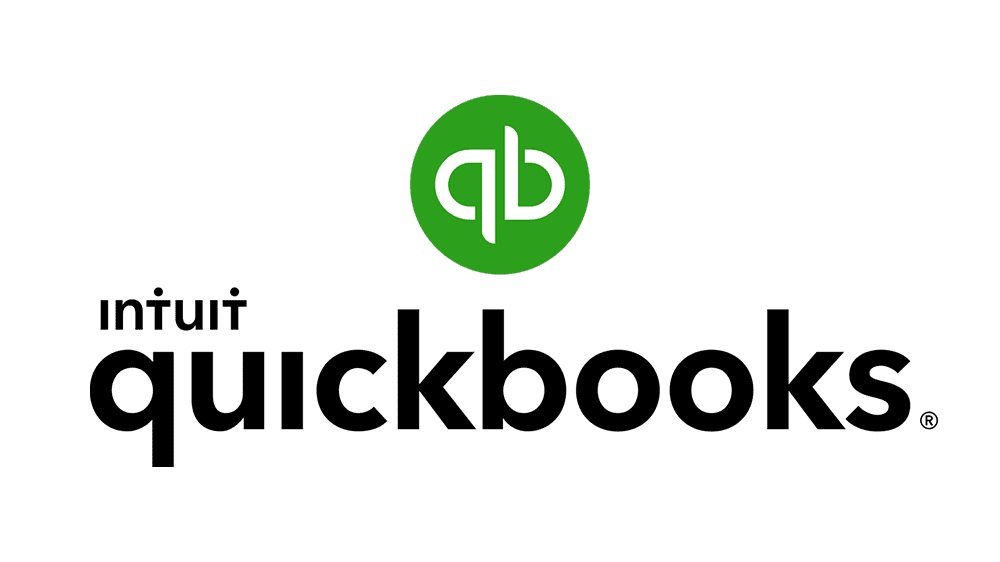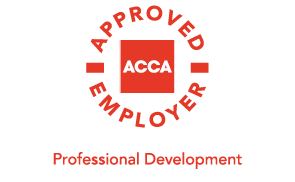Accountants for Partnerships
accounting services for partnerships
By choosing to form a business partnership, you and your business partners, share personal responsibility for the business. This means that you have joint responsibility for business purchases and any losses incurred, but that you also take a share of the business profits.
A tax return will need to be filed for the business using the SA800 form and this will indicate how profits should be split and how each partner should be taxed, which can then be used for partners to file their own personal tax return.
As an experienced accountant for partnerships, Kingston Burrowes offers a range of services to support your business such as:
- Partnership Registration with HMRC
- Partnership Tax Returns (SA800)
- Personal (Self-Assessment) Tax Returns
- Bookkeeping
- Cashflow Forecasting
- Making Tax Digital (MTD) Software Support
Why is partnership accounting different from other types of accountancy?
The key difference in partnership accounting is the that profits must be clearly split across the relevant partners in accordance with the partnership agreement and that information must be detailed on the individual partners tax returns.
There are advantages and disadvantages to operating a business under a partnership formation (as opposed to a Limited Company) and determining whether it is the right structure for you all depends on your personal circumstances and business goals.
The UK tax system is complex and can be challenging without the right experience. Even the smallest or simplest of mistakes could land you with an unwanted penalty, let alone a tax investigation.
For this reason, it is more valuable than ever to invest in the support of a professional when it comes to tax returns. Not only will we ensure that your returns are fully compliant, but we will deal with HMRC on your behalf and provide advice to maximise your tax efficiency wherever possible.
Limited Liability Partnerships LLPs
If you are uncertain of the personal financial responsibility involved with a partnership, then you may want to consider a Limited Liability Partnership (LLP). LLPs allow a partnership to be formed whilst limiting the liability of the partners, in the same way that a Limited Company does.
While an LLP still comprises multiple partners who cooperate to run a business together, the LLP exists as a separate legal entity, which in turn limits the extent to which the partners are responsible for any company debt.
In setting up an LLP, the business must be registered with Companies House and each member must also be registered as a partner in the partnership.
While an LLP benefits from reduced personal liability to debt, there are additional reporting responsibilities including submission of an SA800 tax return and preparation of annual accounts for Companies House.
If you need guidance regarding the most suitable structure for your business, whether it be Sole Trader, Limited Company, Partnership or even Limited Liability Partnerships, get in touch with Kingston Burrowes and our experienced accounting team will be happy to explore your options along with the relevant tax and accounting services you may need.
who else we help
limited companies
Running a Limited Company comes with a number of tax and accounting responsibilities which we can help you to meet.
self employed / sole traders
If you run your own business, then we can help with your accounts and tax returns, while maximising your profits.
Tell us your story
If you'd like to know more about how Kingston Burrowes can help manage your business or personal accounts, talk to one of our friendly team today.





